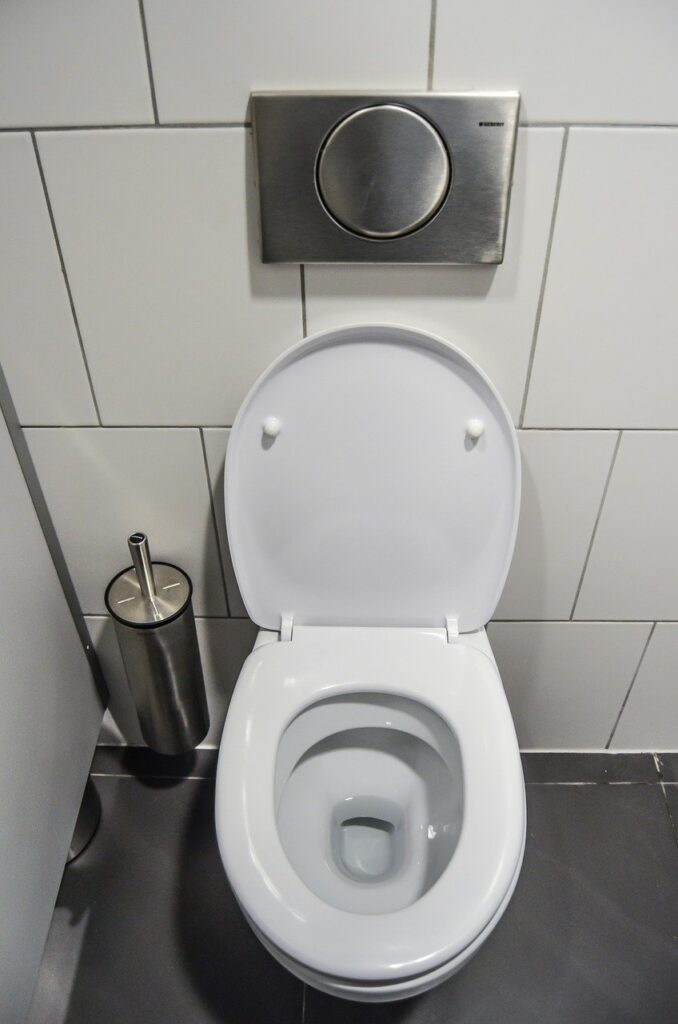Dealing with a toilet that just keeps clogging? If so, you know that recurrent toilet clogs are a frustrating plumbing issue. Unclogging a toilet is an unpleasant task as a homeowner. So, if you find yourself putting the plunger to use time after time, you should likely take a harder look at your plumbing system.
You can always reach out to a trusted Denver plumber for reliable assistance with a stubborn toilet clog. But, by understanding the main causes of frequent clogs, you can prevent future problems with the toilets in your home.
Dated Low Flow Toilets
Low flow toilets that were made in the mid-1990s were the first models of this toilet type. The benefit of low flow toilets is that they save water to benefit both the environment and the total cost of your household’s water usage. However, early low flow toilet models have a tendency to clog.
Early models of the low flow toilet lack the flush pressure required to completely move waste through your plumbing system. This means that it’s common for waste to get stuck, leading to clogs.
If an old low flow toilet is the cause of your frequent clog problem, the longest-lasting solution will be to have an updated low flow fixture installed. More recent models of this type of toilet will provide the water-saving benefits of the early models, without the risk of repeating clogs.
Flushing Objects That Aren’t Flushable
A common cause of toilet clogs that occur over and over again is flushing non-flushable objects. Toilets and your pipes are only built to accommodate toilet paper and human waste. So, anything else that is flushed down the toilet will create the risk of a clog. Other items can easily get stuck in the drain and keep your toilet from flushing properly.
Objects that may cause a clog and shouldn’t be flushed down the toilet include:
- Feminine hygiene products
- Cotton products, including cotton pads and Q-Tips
- Baby wipes
- Dental floss
- Diapers
- Cat litter
- Paper towels
- Tissues
- Hair
If there are many members of your household and you’re experiencing frequent drain clogs, it’s wise to remind everyone of what can’t be flushed. Kids, in particular, can benefit from a written reminder put near the toilet.
Clogged Sewer Line
The main sewer line of your Denver home may get clogged over time. This can occur if a clog leaves your home’s drain lines and plumbing fixtures, eventually ending up in the main sewer line.
If you have a clogged sewer line, it’s likely to cause more extensive plumbing issues than a clogged toilet. Additionally, frequently clogged toilets could be caused by other sewer line issues, like a sewer line break or tree roots growing through your sewer line. An experienced Denver plumber can identify and fix sewer line issues to resolve related toilet clog problems.
Clogged Toilet Vent
The toilet vent functions to manage the air pressure of your Denver plumbing system. It prevents odors emitted by the plumbing system from permeating your home, and it circulates fresh air throughout the system. The toilet vent also ensures that there’s enough pressure in each flush to fully clear the toilet.
A clog of the toilet vent can lead to toilet clogs. You may also notice the smell of sewers inside your home, as well as slow drainage in other areas of your home. Since the toilet vent is usually located on your home’s roof, it’s wise to contact your Denver plumbing professional to take care of this issue.
Clogged Toilet Trap
Additionally, your toilet has an S-trap behind the bowl. This trap works to prevent objects from moving too far down the sewer line, as this could cause a clog. However, objects can get caught in the trap, often leading to recurring toilet clogs. Flushing items that shouldn’t be flushed and using high amounts of toilet paper can lead to a clogged trap.
You may be able to use a flange plunger or auger to eliminate a clog in the toilet trap. If neither of these tools work, however, contact your Denver plumber for assistance.
Contact Drain Terrier today for help with toilet clogs and other plumbing concerns in Denver.

